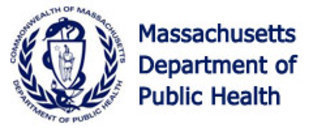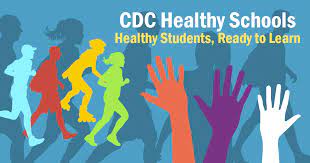Health Services
Help Us All Stay Healthy:
Mansfield Public Schools has developed return to school guidelines in consultation with guidance provided by the Massachusetts Department of Public Health, the Centers for Disease Control, and the Massachusetts Department of Early Education and Care. These protocols may be revised as needed in collaboration with the Mansfield Board of Health and MPS health advisors. Medical documentation is required for excused absences.
When Should Your Student Stay Home?
Temperature over 100 degrees
Diagnosed communicable disease (see link)
Persistent cough or difficulty breathing
Eye infection not diagnosed by physician
Illness preventing child from participating comfortably in activities
Undiagnosed rash
Diarrhea which cannot be managed
Vomiting within the last 24 hours
Illness requiring respiratory treatments such as frequent nebulizer treatments
When a Student is Sick with a Respiratory Illness such as Flu, RSV, or COVID:
Isolation at home is NO LONGER required nor recommended for children or staff in school settings, regardless of vaccination status or where the exposure occurred.
Stay home while you are sick or have a fever. Return to work or school only when feeling better and have gone at least 24 hours without needed fever-reducing medication.
If you test positive for COVID-19, masking is recommended but not required, for five days after resuming normal activities.
Should individuals develop moderate or severe symptoms, they should consult with their medical provider for advice.
When Can Your Student Return to School?
Symptoms have improved and no additional symptoms have developed
Fever free for 24 hours without the use of fever reducing medications
No vomiting or diarrhea for 24 hours
24 hours after starting antibiotic for diagnosed strep throat or other bacterial infection
When Should Your Student be Seen by a Physician for Symptoms?
Fever (persistent, returning after abating, appears later in an illness)
Respiratory Distress (wheezing, accessory muscle usage/retractions, nose flaring, sweating)
Sore throat with fever and WITHOUT significant runny nose or cough can be a sign of strep and should be tested
Concern for ear infection
Decrease in appetite & concern for dehydration
Any other concerning or persistent symptoms
Prevention Strategies:
Staff and students are strongly encouraged to get vaccinated with the latest version of the COVID-19 vaccine and the annual influenza vaccine. (Readily available at all local pharmacies and at primary care offices).
Staff and students are reminded that handwashing or hand sanitizing remains the most effective way to prevent the spread of illness at home or at school.
Cover your mouth and nose with a tissue when you cough or sneeze. Put your used tissue in the wastebasket. If you don’t have a tissue, cough or sneeze into your upper sleeve or sneeze into your upper sleeve or elbow, not your hands.
Helpful tips:
MA DPH, Respiratory Virus Guidance
CDC, Preventing Spread of Respiratory Viruses When You’re Sick Respiratory Illnesses
Please call your school nurses with any questions.



